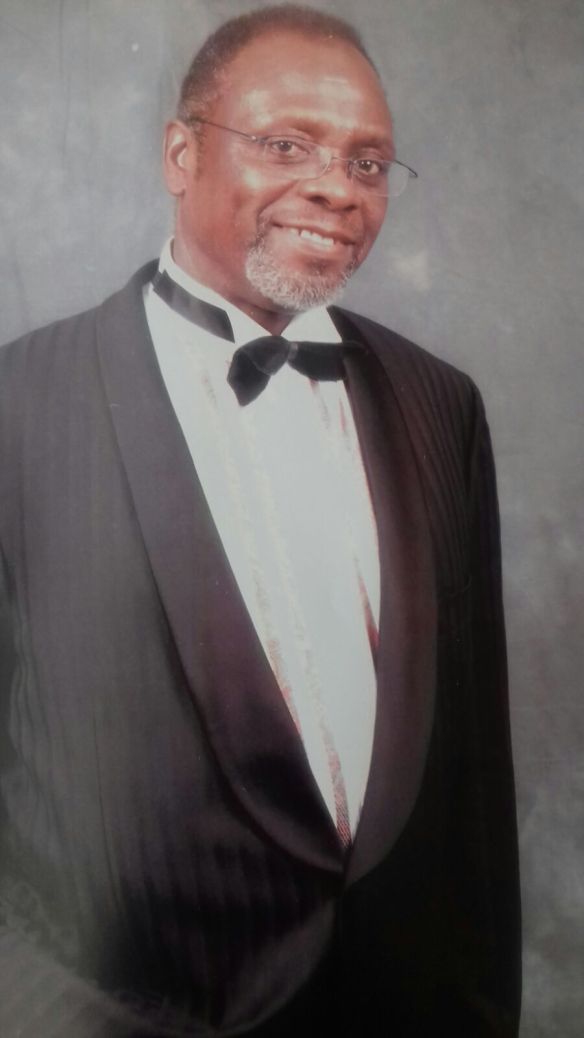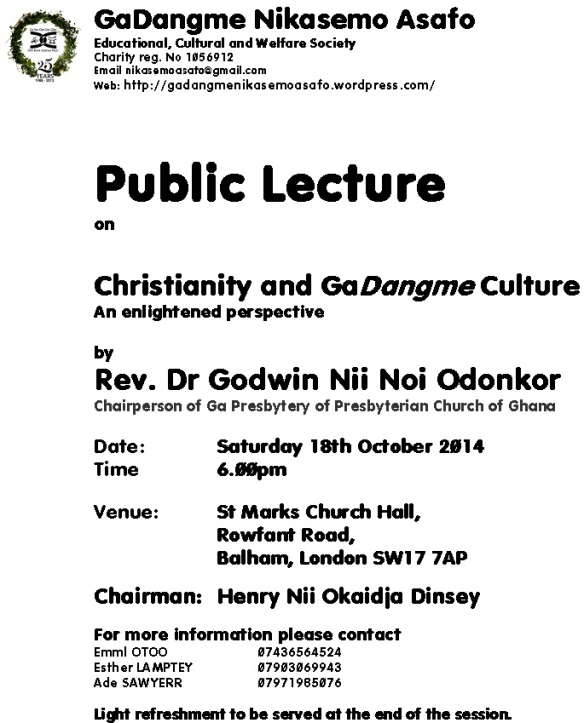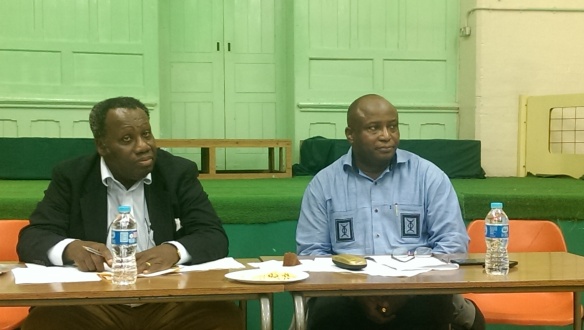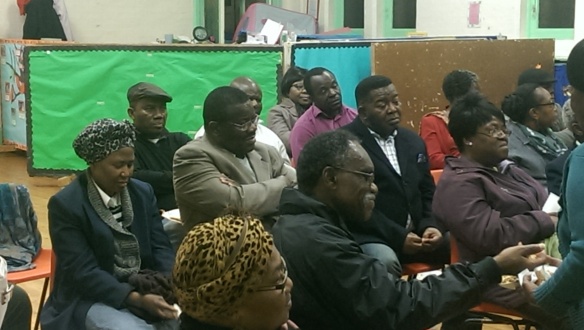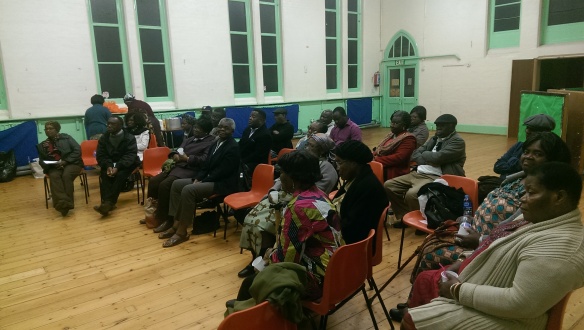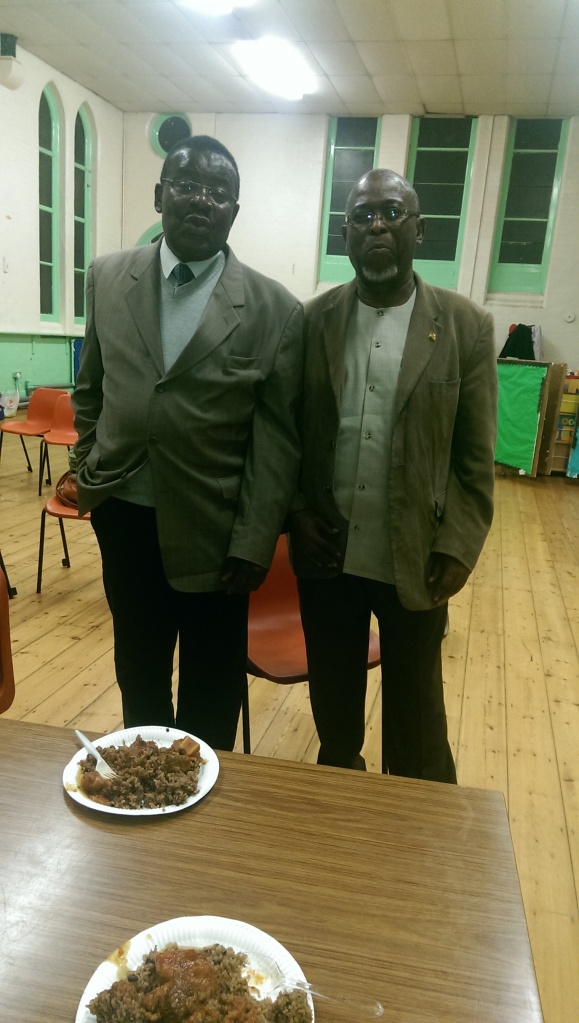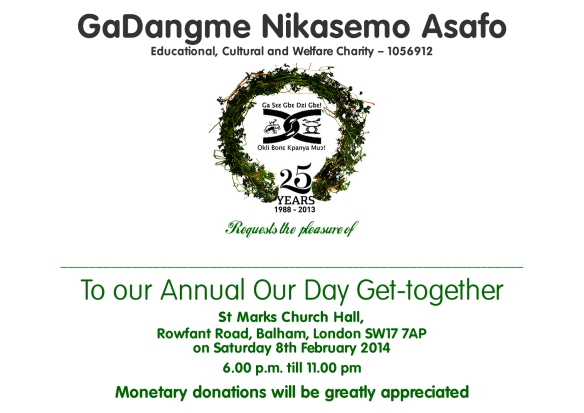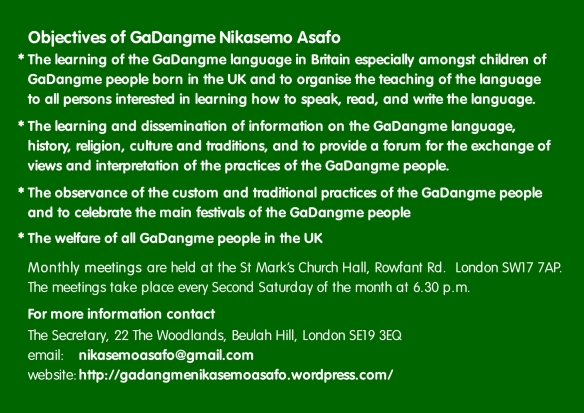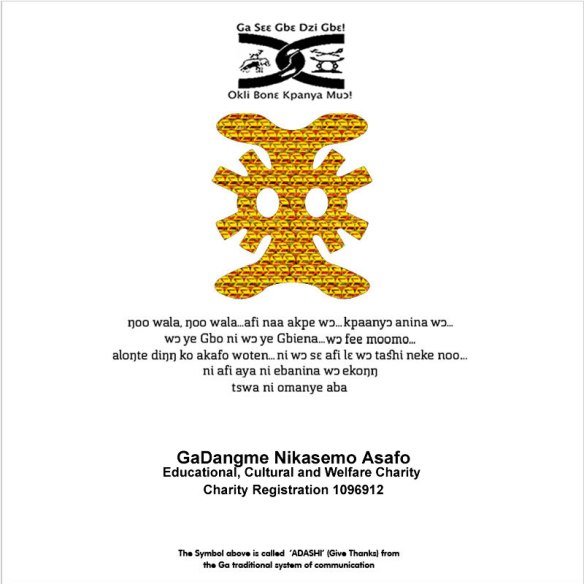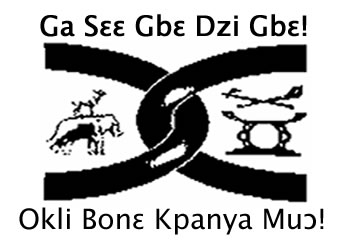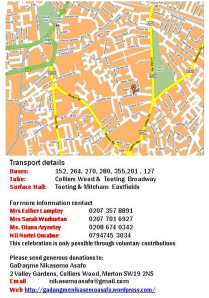
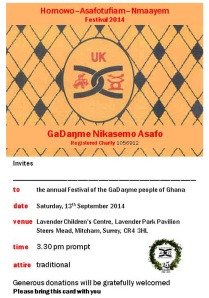
This is an invitation to all to join us at this years celebration of the Ga New Year in London.
The celebration is
0n Saturday, 13th September 2014
at Lavender Children’s Centre, Lavender Park Pavilion
Steers Mead, Mitcham, Surrey, CR4 3HL
3.30 pm prompt
and now a little bit about Homowo
Exodus 12.20 -29
Ye shall eat nothing leavened…tip it in the blood and strike the lintel for the Lord Almighty will pass over thoroughly ugh to smite the Egyptians.
Awo Awo Awo Awooooo! Mother oh Mother
Agban ee Agban the diety
Bleku Tsor Let Bleku rain/pour down
Esu Esu Water, plenty of Water
Enam Enam Fish, let us have a lot of fish
manye Manye Glory, let glory reign
Adiban Kportor Let the food be in abundance
HOMOWO
This brief talk is an attempt to share with You my recently acquired knowledge or the celebration of the main Ga-Dangme festival; Homowo in the hope that it will answer some questions that people may have liked to ask but have never had the opportunity to do so I must issue a caveat here; my knowledge is only peripheral. It is based more on observation and analysis than on practice. It is based on reading and interpretation rather than on being formally taught on the subject.
The Homowo celebration is a public manifestation of public worship amongst the Ga-Dangme people which now portrays elements of our religious, historical, cultural and social aspects of our lives The Ga-Dangme people have a religion. We believe in the worship of God as a Supreme Being. . It is this one God who orders our lives and gives reason for our being.
We are organised as a theocracy. Our leaders have always been our, wolomei, chief priests who are the main medium to our One Supreme God.
Our chiefs are recent creations borrowed from other tribes who we settled amongst when we arrived at the Ga-Dangme region of Ghana. They perform administrative and political functions a convenience in our dealing with the other tribes and with our colonial masters. Our holy priests because of their spiritual nature did not want to deal directly with affairs of state or with the conduct of wars that were then a necessity especially since we settled among hostile tribes.
The Ga believe that we were an original part of creation. Our origins can be traced although not scientifically because of our oral traditions.
The celebration of Homowo therefore goes back as far as the origins of time although in cur present sojourn In Ghana it has now assumed cultural and social importance as a way of asserting our identity.
Why HOMOWO
Homowo is a yearly festival which celebrates the passing of the old year and welcomes in the new year. It is a culmination of a series of religious events throughout the year. It is a reaffirmation of our belief in our GOD Ataa Naa Nyomgmor – a God who is both male and female. It is a renewal of our faith in the wonderful might of our God in preserving us from year to year. In delivering us from the harsh difficulties of the past year in providing us with a bountiful harvest.
Above all it is a religious celebration to commemorate the deliverance of our tribe from the hands of the godless Egyptians and may have formed the period when we started our migration from the land of our origin as related in the book of Exodus.
There were rules and regulations attached to the celebration. The eating of unleavened food, the fact that all celebrants most be circumcised, the marking of the doors with the blood. So that we will be passed over by the pestilence sent by God to kill all the first born children of the land, the fact that the Homowo marks the start of the New year.
Homowo socially for us is the period when we gather to be counted as a clan, when all Ga born people if possible gather In the family house to celebrate the coming of the new year and to get to know each other. It is a communal feast in which all partake. Even those who are not Ga people are sent food as a token of goodwill.
WHAT IS HOMOWO
Homowo is a KPLE festival It is a manifestation of religious public worship.
The Wulomei start by taking their turn in Planting corn or maize. It Takes approximately 6 weeks for the new corn to be harvested starts by planting wheat at a special site It is during this period that the wheat is growing that there is a ban on music and drumming of any sort in Accra. It is interpreted as the period that the drummers are expected to repair their drums and prepare for the festivities ahead. It is also regarded as a period when the major deities go into hibernation or take their rest to fortify themselves for the coming year.
The month before Homowo:
There is no public dancing. Burials take place but without music or dancing Important people who pass away are kept unburied until after the festival because they cannot he buried without The pomp and pageantry their status.
It is said that this period of quiet has to be observed or else fish from the sea and game from the land are driven away with the noise my own interpretation is that this is one way in which we keep the balance with the ecology around us
,
WHEN
We start our year in September and we’ tend to use more fish than meat and we have substituted unleavened Corn for the unleavened bread.
Homowo is generally celebrated around August’. which is the end of the Ga calendar, It also coincides with the harvest It occurs after the harvesting of the first corn. Corn being the staple diet of the Ga people very utilitarian in nature and used for- all our meals. For breakfast, for lunch and also for dinner and even sometimes as a snack,
It also coincides with the period when there is a lot of fish around.
The Dantu wolomo provides the dates for the celebration in the different states amongst the Ga people
NUNGUA START usually on the first Saturday of July
They are followed by LANTE DZAN WE four weeks later.
TEMA celebrate a week later oil the FPLDAY
GA MASHI FOLLOws a WEEK LATER ON A SATLJRDAY
OSU LA. TESHI, KPONE FOLLOW 10 DAYS Later ON THE TUESDAY
The Krobos and the Adas have allocated specific days for the celebration, For instance the Adas celebrate on the bank holiday in August
THURSDAY
In Ga Mashi the Thursday prior to the Saturday of the main celebrations is when the returnees arrive, These are mainly Gs born children and their children who are working outside the Area who arrive to take part in the celebrations SOOBII. They tend to come with exotic meats and foods that are not readily available in the main parts of ACCRA.
Contrarily to popular belief the Ga are not only a sea faring people they are also farmers and have villages spread around the hinterland of Accra. This is where the palm soup comes 6cm indeed it must have been the Ga who taught the other tribes of Ghana the delicacies of Palm-nut soup. They also bring firewood and bush meat for these Ga people Homowo represents the coming home to be welcomed and they bring their contributions To the festivities.
FRIDAY
The cult of the twins
Friday is the day reserved for the cult of the twins. The Ga believe that twins have some special significance or powers, some close intuition However there is need for appeasement of sorts. This is prevalent in most ancient societies.
Genesis 27 talks about Isaac asked the elder twin Esau to prepare him a meal so that he will be blessesd, their mother Rebekah organised the meal and let Jacob present it to their father.
The Ga ensure that both are blessed and a meal – fotoli cooked for them.
Haadzin anin takes no chances and the meals are prepared for both twins and taken to Korle so that no rivalry should exist between them. So that The problems of birthright are resolved there is the ceremonial food that is cooked for them. This comprises of mashed yams mixed with palm nut oil with an egg Normally called oto this Is the food that Is given to people on their birthday, Medicinal plant nyanyara put in water and they are bathed in this water The residue is carried by their other siblings in a procession to the Korle lagoon. Korle is one of revered female deities that inhabit the Korle Lagoon. Korle is one of the spirits responsible for fertility. Indeed she is known as the mother of all mothers
This procession in our time was a sort of carnival and provided the social angle for the celebration of Homowo. The Haadzin anin was the time for all secondary school students to meet their colleagues from other schools.
SATURDAY
The main celebration in GA Mashi takes place on a Saturday. The food is cooked very early and by noon all who will partake are gathered in the house o f their origin. Before the food is dished and eaten by all who have friends who are Ga or not Ga have some food dished out and sent to these so that they will also partake in the festival of goodwill.
The elder in the house prays by pouring libation before the food Is dished out and Alt members of the family are expected to partake of the food from one bowl sharing the bowl, On the local public scene, the Nai wolomo prays at home: he pours his libation at home. The Ga Mantse goes to the seaside to offer his payers. The position chosen for this place is where the Ga were supposed to have entered Accra which is right inside the Ussher Fort which is now a prison and therefore the wolomo cannot go in there The Gbese Mantse takes the lead in the sprikling of Kpokpoi followed by the Ga Mantse.
The ceremony continues with the traditional sprinkling of Kpokpoi in other traditional areas of Accra. This is done for the purposes of renewal so that All can eat including seen As well as unseen animals and persons and spirits. It is also believed that as a spiritual people the ancestors have gone before us need to be nourished and thus the offering of kpokpoi so that hey can join in.. After the sprinkling of kpokpoi there is now opportunity for all to partake in the meal.
Then comes the main dancing of Oshii by the chiefs and elders in the traditional area,
SUNDAY
Yara Woo
Early in the morning there is mourning for the recently departed members
of the family
Noo wala
Ngoo Ngoo Wala Ngoo wala Chose Life Chose life
Afi naa akpe wor May the year end meet us
Gbi Kpawo anina wor May we meet the eighth day again
Worye Gbo worye Gbeina May we celebrate Gbo and Gbeina festivals
Wor fee momoo May we be renewed
Alonte din ko akafo worten Let no evil come between us
afi aya ni afi aba Let the year go and come back again
worsei afi worta shi neke noo Let us sit down like this again next year
tswa omanye abla wor Strike and let the glory surround
This is the renewal aspect of the ceremony when all are required to wish each other new life, It is done so that all: who have differences during the past year have an opportunity to patch up Moreover it is -cask for new fruitful life without any mishaps go that we can all meet again next year
Some subsequent rites of the Homowo celebration includes
There is AYEKOO when all the young men who participated are thanked for their services by the people in the town, The importance of this ceremony is that food is normally left over in the morning by traders for these young people to pick up as they do their rounds They have been sent by Sakumo wolomo and are therefore not soared if they pick food from any-where in the market, They are not supposed to be caught as thieves on this particular day This part of the ceremony has now degenerated into a general looting and most trader who are not Ga find that some criminal elements exploit the situation to steal things other than food.
Purification of the sea – Nshor bulemo takes place after Ayeekoo, one characteristic of this ceremony was that often the Anglican archbishop takes place side by side on the beach.
In the evening Homowo officially ends with kple noowala
THE Thanksgiving TO THE KPLE DEITY- THIS incorporates Dancing BY
THE Cult Priest AND PRIESTESSES
LOCAL VARIATIONS
The celebrations vary from area to area
At LA the main highlight is the Kpaashiimo and SHKAMO which takes place on the Thursday of the Homowo. Strangers often find that people they do not know take the liberty to engage them in all sorts of embraces during the procession through the town.
At TESHI there is KPANSHIMO when all the various youth groups dress themselves in sort of fancy dresses and go singing through the town, On that day the libel laws cannot be evoked and they sing about all the scandals that have taken place during the period. The chief is a usual target but all is taken, in good faith,,
Ade Sawyerr
9th September 1998
